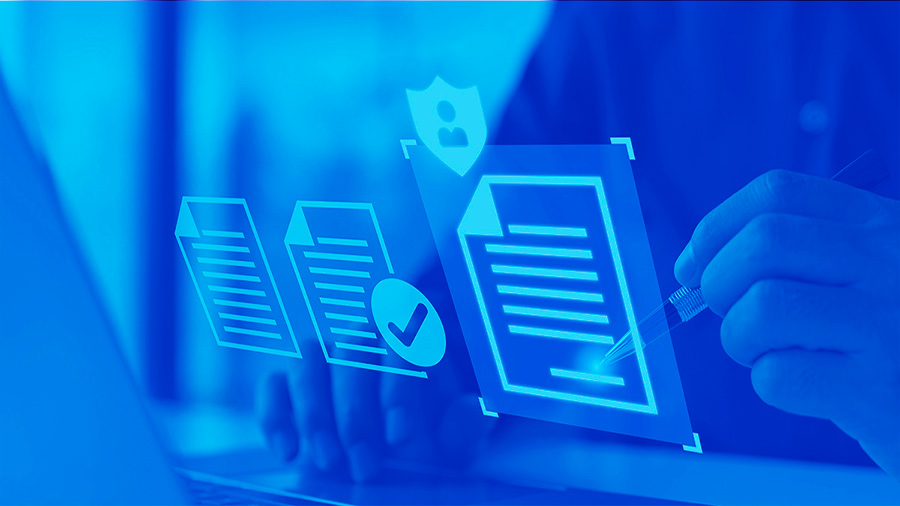Technology auctions have become a dynamic marketplace where businesses and investors converge to acquire cutting-edge patents, software solutions, and IT equipment. These auctions provide an efficient way to obtain innovative technologies while fostering competitive pricing and enabling the redistribution of valuable assets. Whether it’s startups seeking affordable tech resources or large corporations looking to expand their intellectual property portfolios, tech auctions offer significant opportunities for growth and innovation. In this article, we delve into the mechanisms, advantages, and trends shaping technology auctions as a pivotal intersection of innovation and investment.
What Are Technology Auctions?
Technology auctions are organized events where intellectual property, software licenses, and IT hardware are sold to the highest bidder. These auctions may occur online, in person, or through hybrid formats, attracting participants from various industries. Items offered can range from cutting-edge patents and proprietary software to surplus or refurbished IT equipment.
Typically, technology auctions are organized by corporations seeking to monetize unused assets, liquidators handling insolvency cases, or specialized auction houses focusing on intellectual property. Participants include businesses aiming to enhance operational capabilities, investors targeting high-growth opportunities, and tech enthusiasts seeking unique solutions.
Key Features of Technology Auctions
- Wide variety of offerings, including patents, software, and hardware.
- Competitive bidding environment promoting fair market value.
- Accessibility through online platforms enabling global participation.
These auctions create an efficient ecosystem for matching innovation with demand, fostering a mutually beneficial marketplace for buyers and sellers.
Acquiring Patents Through Auctions
Patents are a cornerstone of technology auctions, offering businesses exclusive rights to innovative ideas and processes. Companies often sell patents to raise capital, streamline their portfolios, or divest non-core assets. Purchasing patents through auctions provides a cost-effective alternative to in-house research and development, saving time and resources.
For example, major tech companies have leveraged patent auctions to expand their intellectual property portfolios. Google’s acquisition of patents related to Android development and Tesla’s focus on open patents to drive electric vehicle innovation demonstrate the strategic value of patent investments.
Benefits of Acquiring Patents
- Access to unique technologies that enhance competitive advantage.
- Opportunities to monetize patents through licensing agreements.
- Mitigation of risks associated with intellectual property disputes.
Acquiring patents at auctions allows businesses to secure innovative solutions while fostering a robust intellectual property strategy.

Software Licensing Opportunities
Software plays a critical role in modern business operations, and auctions provide a unique channel for acquiring licenses. Companies liquidating assets often include proprietary software, cloud solutions, or bundled IT systems in their auction listings. Buyers can secure software licenses at a fraction of the retail price, making auctions an attractive option for budget-conscious businesses.
Additionally, software purchased at auctions often includes enterprise solutions such as customer relationship management (CRM) platforms, data analytics tools, or cybersecurity software. These assets empower organizations to enhance productivity, improve data management, and streamline operations.
Key Considerations for Software Auctions
- Verify licensing terms to ensure compliance with usage policies.
- Assess compatibility with existing IT infrastructure.
- Consider maintenance and support options post-purchase.
By participating in software auctions, businesses can access high-value solutions while optimizing their technology budgets.
IT Equipment Auctions: Affordable Tech Resources
IT equipment auctions are a popular avenue for businesses seeking affordable hardware solutions. These auctions offer surplus, refurbished, or gently used items such as servers, laptops, networking gear, and data storage systems. For startups and small businesses, acquiring IT equipment through auctions provides significant cost savings compared to purchasing new devices.
Large organizations also benefit from these auctions by procuring specialized equipment for temporary projects or expanding their existing setups without exceeding budget constraints. Auction platforms ensure transparency in pricing, allowing businesses to compare options and make informed decisions.
Advantages of Buying IT Equipment at Auctions
- Cost-effective access to high-quality hardware.
- Opportunity to acquire discontinued or rare equipment models.
- Support for sustainable practices through asset reuse.
IT equipment auctions enable businesses to enhance their technological capabilities while maintaining financial flexibility and promoting sustainability.
The Role of Online Platforms in Technology Auctions
The rise of online platforms has revolutionized the accessibility and efficiency of technology auctions. Digital platforms eliminate geographical barriers, allowing global participation and fostering a more competitive bidding environment. Features like live bidding, automated notifications, and secure payment systems enhance the overall user experience.
Prominent online auction platforms, such as GovDeals and eBay for Business, cater to diverse industries and offer extensive inventories of tech assets. Specialized platforms focusing on intellectual property, like IPwe or Ocean Tomo, provide targeted opportunities for acquiring patents and software solutions.
Benefits of Online Auction Platforms
- Wider reach and participation from international buyers.
- Transparent bidding processes ensuring fair pricing.
- Convenient access to detailed asset information.
Online platforms have democratized technology auctions, enabling businesses of all sizes to tap into valuable opportunities.

Market Trends in Technology Auctions
The technology auction market continues to evolve, driven by emerging trends and shifting industry dynamics. Increased interest in green technologies has fueled demand for renewable energy patents and sustainable IT solutions. Simultaneously, the acceleration of digital transformation has heightened the value of software assets, particularly in cloud computing and artificial intelligence.
Another notable trend is the rise of auction-based partnerships between corporations and academic institutions. These collaborations facilitate the transfer of cutting-edge research from universities to commercial applications, creating new opportunities for innovation. Furthermore, blockchain technology is enhancing transparency and security in auction transactions, ensuring buyer confidence.
Emerging Trends in Technology Auctions
- Focus on sustainable and renewable energy technologies.
- Increased demand for cloud and AI software solutions.
- Integration of blockchain for secure and transparent bidding.
These trends highlight the growing significance of technology auctions as a dynamic marketplace for innovation and investment.
Strategies for Success in Technology Auctions
To maximize value in technology auctions, businesses should approach the process strategically. Start by researching auction platforms and understanding the categories of assets available. Set a clear budget and define your investment goals, whether acquiring patents, upgrading software, or procuring IT equipment.
Engage experts for due diligence, particularly when evaluating intellectual property or complex software licenses. Familiarize yourself with bidding dynamics and leverage automated tools to monitor auctions and place bids effectively. Finally, prioritize auctions offering warranties or support services to ensure long-term value.
Tips for Navigating Technology Auctions
- Conduct thorough research and due diligence on listed assets.
- Set a realistic budget and adhere to it during bidding.
- Utilize auction features like automated bidding and notifications.
By following these strategies, businesses can secure valuable assets and enhance their technological capabilities.
The Conclusion
Technology auctions represent a powerful intersection of innovation and investment, offering businesses unique opportunities to acquire patents, software, and IT equipment. From expanding intellectual property portfolios to accessing affordable hardware, these auctions empower organizations to drive growth and efficiency. As market trends evolve and online platforms enhance accessibility, technology auctions continue to play a pivotal role in shaping the future of business and technology.

